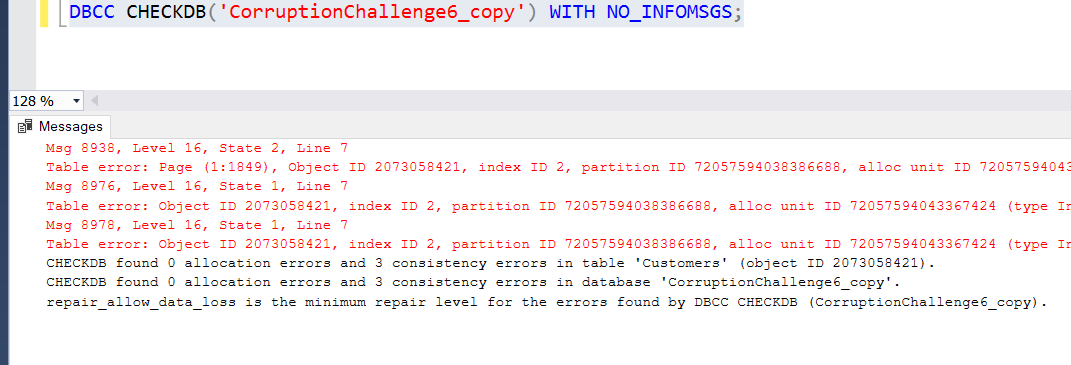DBCC ShrinkDatabase – I want to shrink my database.
TL;DR summary: Don’t do it. Stop reading here if you want, but just don’t do it. This post refers to shrinking your database files (mdf, or ndf files), not shrinking the log file. The log file is a completely different conversation, however, shrink database does shrink the log file. Not shrinking your database is one of the more counter intuitive …
DBCC ShrinkDatabase – I want to shrink my database. Read more »

